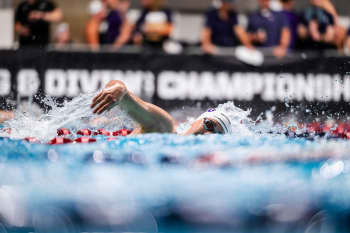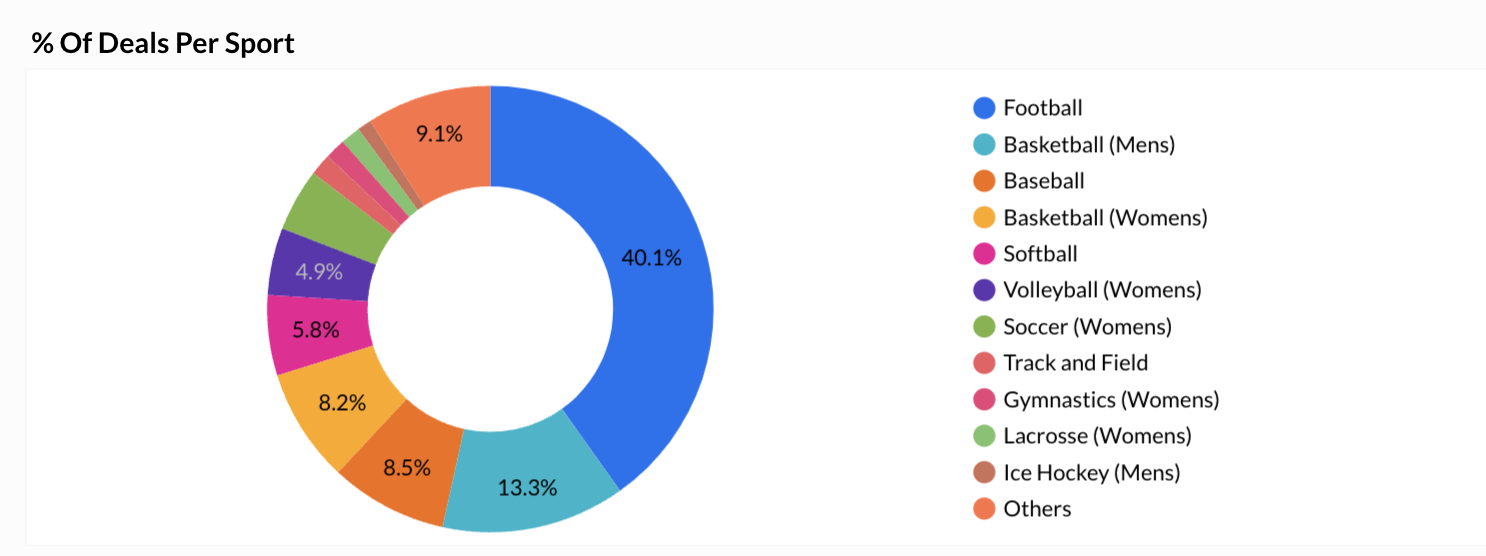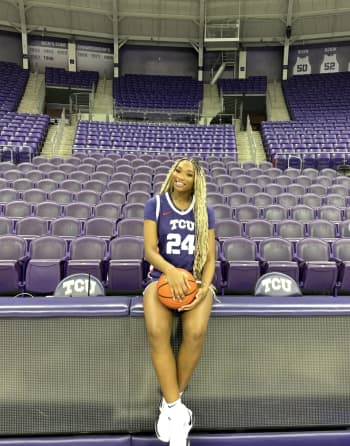ATHLETES TURNED ENTREPRENEURS
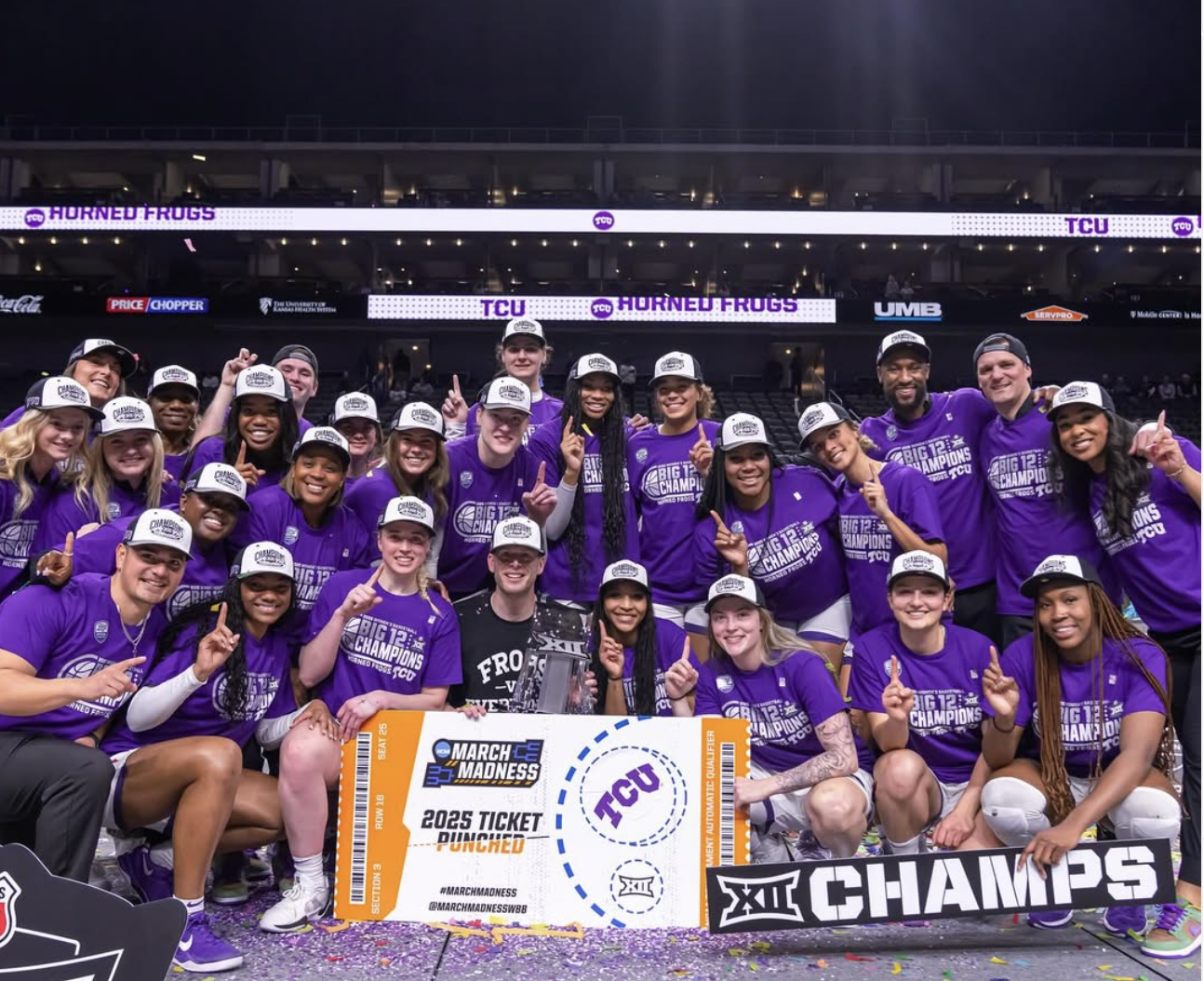
With NIL — name, image and likeness — in the mix, college athletes are looking beyond their sport to endorsement deals that pay five and six figures and into the millions for the most elite.
Effective July 2021, student-athletes have had the opportunity to receive compensation from third-party companies by promoting their personal brand. Student-athletes can hire marketing representatives to curate deals for them or sign into websites where a brand can reach out, or an athlete can reach out to a brand.
“I signed up through a platform called 98Strong, in which all sorts of companies can reach out to athletes,” said Sydney Inman, a junior freestyle swimmer on the TCU swimming and diving team. Inman accepted a deal with WTRMLN WTR, a sports hydration drink. “When making a deal with a brand, I consider if it will have any negative impact on my sport/competition, or if there will be any consequences to posting the product."
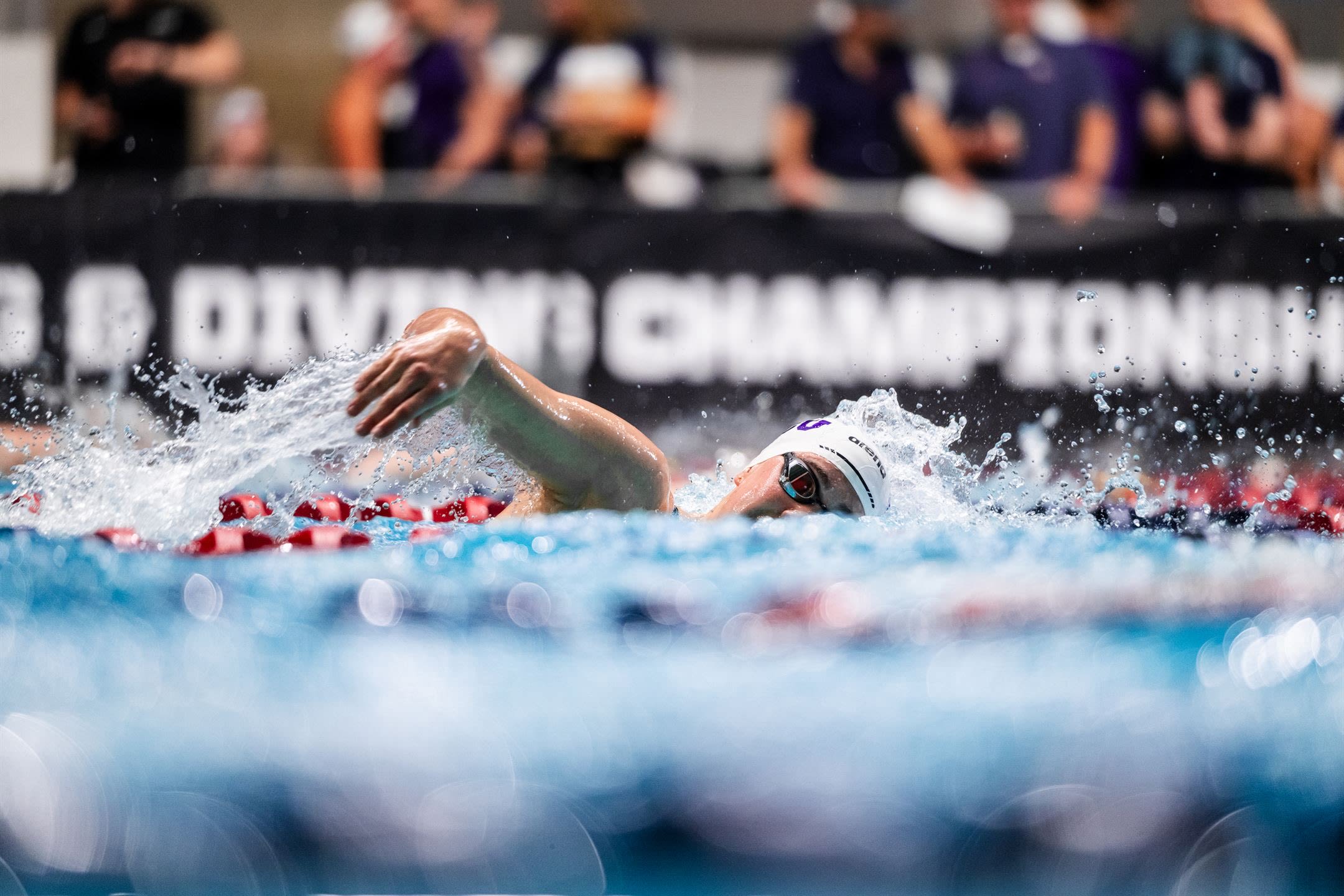

Since 2021, the total NIL market is projected to skyrocket to $1.67 billion by the end of 2025, according to Opendorse. A current House settlement is looking to shake up college athletics as a whole.
According to the NCAA, “More than 150 rules will be eliminated to allow for schools to provide additional benefits to student-athletes under the settlement.”
Some of those rules include allowing Universities to offer settlement-related benefits to provide $20.5 million in direct financial benefits to students, student-athletes having to be enrolled full time to receive benefits, no maximums on financial scholarships, and more.
Student-athletes first started to be eligible to receive athletic scholarships in 1956. It wasn’t until 2009 when UCLA basketball player, Ed O’Bannon, spoke up against EA Sports using his likeness without consent and compensation.
“There was a period where the scholarship, in return for your play, was an equitable trade,” said Nick DiMento, a compliance coordinator for TCU Athletics.
In the past 15 to 20 years, money in the media has grown exponentially, DiMento said. Star athletes bring value and money to a university. Before NIL came into the picture, student-athletes’ values were staying low, while the university’s value got a lot higher.
In 2024, the average NIL earnings for men’s basketball was $55,380 per year nationally. For women’s basketball in 2024, the average NIL earnings were $10,580, according to the NCAA Data Dashboard.
Despite TCU women’s basketball making it to the Final Four of March Madness in the 2024-2025 season, the deepest playoff run either TCU basketball team had ever made, it is likely that TCU men’s basketball still generated more NIL revenue overall, even though they didn’t make it to the March Madness tournament. While amounts are not publicly disclosed, national trends consistently show higher average earnings for men. Nationally, 13.3% of NIL deals go to men’s basketball, 8.2% go to women’s basketball.
(Click to expand charts).
As college women’s basketball becomes more popular every year, NIL brands look to endorse these athletes as they have all eyes on them.
“My first NIL deal was with Taco Bell. Their PR team reached out to me directly, and from there we began working together,” DaiJa Turner, former TCU women’s basketball forward, said.
As TCU moved on farther into the NCAA March Madness tournament, the exposure opened a lot of doors.
“After making the Elite Eight, companies like Dove, Shea Moisture, and Secret partnered with us and sent product packages. We also got to do some really fun things,” Turner said. “Justin Boots collaborated with us to design custom boots to celebrate our achievements.”
These women received congratulations gifts, but did not receive ongoing deals with these high-revenue companies.
Every NIL deal made by an athlete has to get run through the compliance department at the university.
“Once an offer is on the table, that's when TCU will get involved,” DiMento said.
The compliance office has to make sure they are protecting athletes from NCAA violations, including their eligibility, from violating Texas State law, and making sure they know the consequences of breaking rules when it comes to receiving compensation, DiMento said. All athletes are required to disclose NIL offers to the compliance office before they accept.
“I didn’t realize you had to report everything to compliance that you post regarding NIL. That is really important to remember if you’re considering completing an NIL deal,” Inman said.
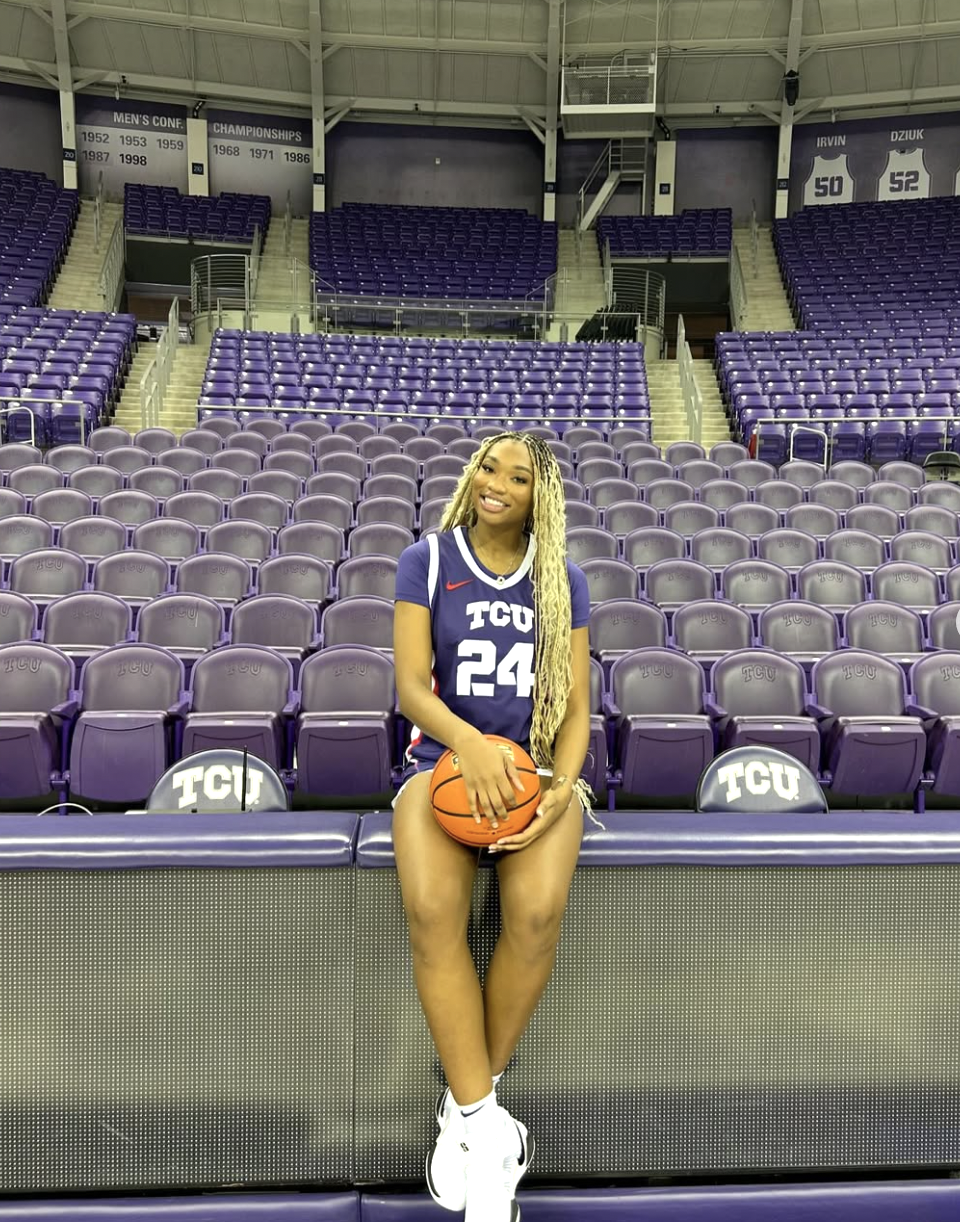
"I want to work with companies that feel like a genuine fit."
Athletes are at risk of getting eligibility taken away at TCU if they get money without doing anything in return, sign with a professional agent rather than a marketing representative, or sign a deal with a company that promotes any vices. “Alcohol, drugs, sexually related content, firearms,” Dimento said.
NIL gets viewed from a variety of perspectives from student athletes. Non-ticketed sports athletes can bring attention to their matches and games through their own social media, while making some extra money.
“NIL gives athletes a chance to support themselves and keep focusing on the sport they love, instead of working other jobs just to make ends meet,” said Jadon Wuilliez, a 2024 Olympian and former swimmer for TCU. “A lot of us put in so much work, but unless you’re at the very top, most sports aren’t super sustainable long-term. Training, equipment, travel, housing. It all adds up. And if you’re not on a big scholarship, you’re paying for all of that on top of tuition.”
Sports fans have been resistant to this big change in college athletics.
“It's not the end of college sports," DiMento said. “Those kids are still repping TCU. Those kids are still going to class every day. They're still a part of this university. It's just recognizing that there is additional value they bring.”
